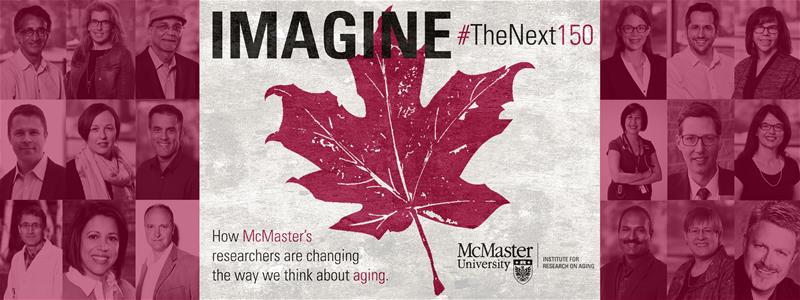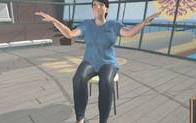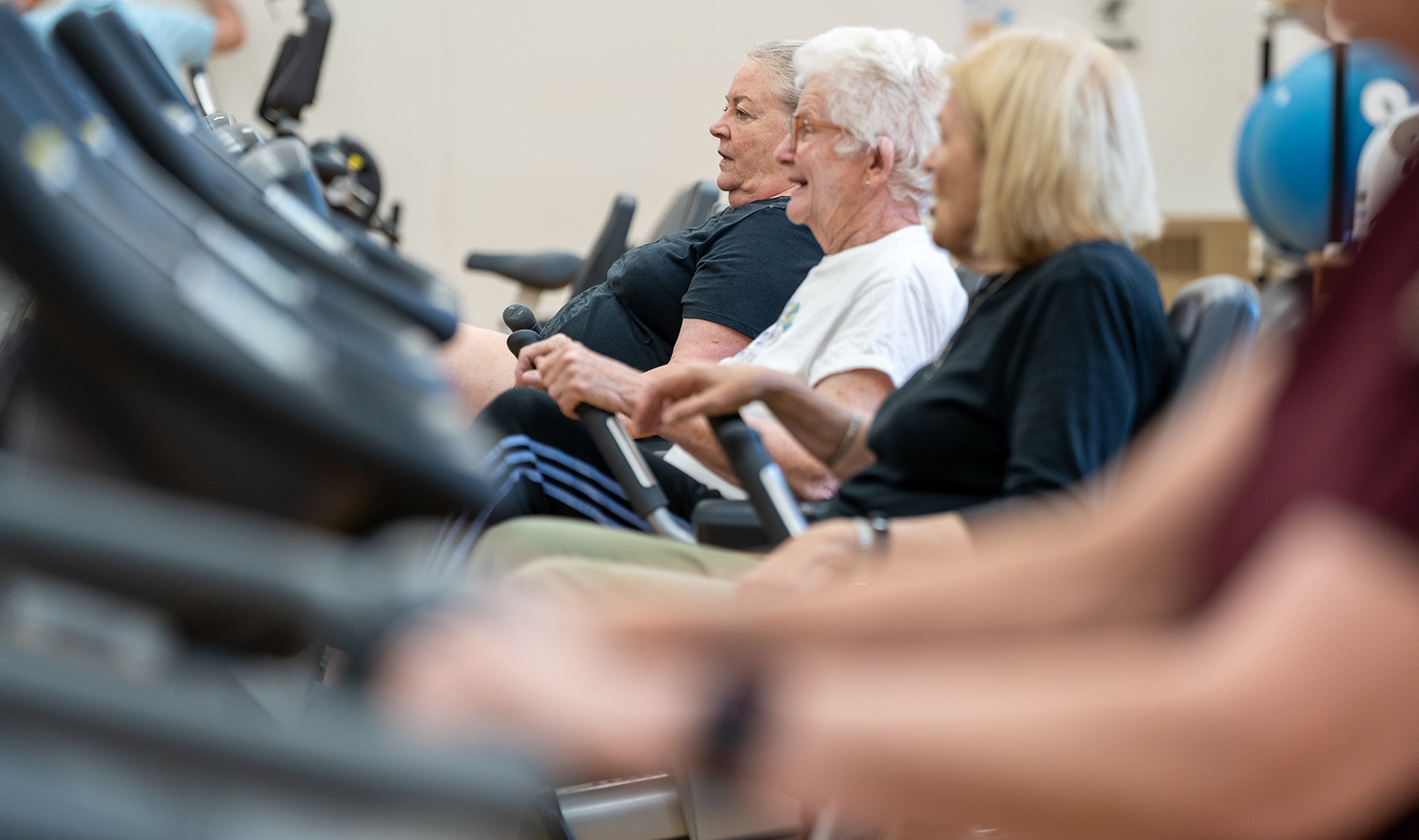
For the first time ​since Confederation, Canada is older than it is young. The most recent data from Statistics Canada has confirmed that the number of residents over 65 now exceeds the number of those aged 14 and under. By 2030, it is estimated that one in four Canadians will be a senior citizen.
It’s an impressive generational shift – one that McMaster University’s president Patrick Deane felt compelled to highlight during his spring convocation address: “As seniors come to outnumber children and the active, wealth-producing workforce shrinks,” he stated, “it is obvious that significant challenges lie ahead as the torch passes from one generation to the next.”
But Deane also went on to express that opportunity will abound for those who ask the right questions and “through creativity, curiosity and innovativeness find answers their elders cannot imagine.” “Our sesquicentennial is an opportunity to look into the future and to imagine what Canada will become in the next 50 or 100 years,” he said.
McMaster University’s researchers are already ​taking on the challenges of an aging population. Through initiatives such as the McMaster Institute for Research on Aging (MIRA) and the Labarge Centre for Mobility in Aging, among others, they’re studying how to eat, design cars, prevent disease, plan and design communities, stay mobile and engage in an aging society. And they’re seeing results.
Engineers are inventing devices to help people age safely in their homes and communities. Biologists are discovering the underlying mechanisms of aging. Social scientists are uncovering the roots of social isolation. Nutrition and exercise specialists are finding innovative ways to preserve and extend health. Medical researchers are sharing the best evidence on all aspects of aging through a dedicated public website.
So, what could the next 150 years look like?
 Dance programs could benefit the brain
Dance programs could benefit the brain
DANCE researchers are exploring whether participation in regular dance programming can positively impact cognitive functions such as memory, reasoning and learning. Read more
 Unique health software could be used to improve mobility and independence
Unique health software could be used to improve mobility and independence
​A program developed at McMaster University to help older adults stay out of emergency rooms and be more mobile is expanding to six Ontario communities this fall. Read more
We will use new and existing partnerships to stimulate and leverage research on aging
McMaster University has received $417,500 from the Canadian Institutes of Health Research for six new research projects that will analyze data from the Canadian Longitudinal Study on Aging (CLSA). Read more
We will better understand the link between gut microbes and age-associated inflammation
Gut microbes cause age-associated inflammation and premature death in mice, McMaster University researchers have found. The study could lead to new strategies to improve intestinal health and immune function in older adults. Read more
We will develop strategies to combat homelessness among older people
The number of older people who are homeless is expected to increase across Canada. Strategies to combat homelessness tend to neglect this group and this can be problematic as older homeless people have unique needs. Read more
We will better understand the impact of aging on cognition
In its first report released on memory and cognition, the ​CLSA has shown the performance of participants ​lends support to the use of the CLSA cognitive measures in large, epidemiological studies of aging. Read more
Our risk of dementia ​could decrease if we get more exercise
Sedentary older adults with no genetic risk factors for dementia may be just as likely to develop the disease as those who are genetically predisposed, according to a major study which followed more than 1,600 Canadians over five years. Read more
We ​may see increased coordination among health providers for stroke patients
New app addresses the challenges arising from different home-care providers attending to the same person: coordinators, nurses, physiotherapists and personal support workers, which often results in limited information sharing. Read more
​
Parkinson’s patients could use dance to improve anxiety and depression
Dancing may not seem an obvious fit with Parkinson’s disease, but recent research has found that dancing can improve motor skills as well as alleviate anxiety and depression in Parkinson’s patients. Read more
 We ​might use exercise as a strategy to slow the aging process
We ​might use exercise as a strategy to slow the aging process
Therapies, supplements and medicines intended to counter the aging process are increasingly popular. To Mark Tarnopolsky, a genetic/metabolic neurological clinician-scientist at McMaster University in Hamilton, a better way to remedy the deterioration that comes with advancing years is to stay physically active. Read more
We will study how long seniors can safely stay in the driver’s seat
Giving up driving is a sensitive issue as people age, leading to a loss of mobility that is inconvenient for seniors and can result in social isolation and depression. Determining whether seniors can safely remain behind the wheel is critical; researchers at McMaster University are part of an extensive study evaluating their health, driving patterns and safety on the road. Read more
We will better understand the link between disability and reduced social participation with chronic conditions in middle-aged and older adults
Middle-age adults living with a combination of arthritis, heart disease or diabetes, and depression are more likely to experience disability and limited involvement in society, new research from McMaster University has found. Read more
 We will explore why some ​Canadians live longer than others
We will explore why some ​Canadians live longer than others
Two men go to the hospital. Both are 75 and have previously enjoyed a similar level of well-being. Then both fractured a hip due to a fall. And although their injuries – as well as many of the medical history details captured on their hospital admission forms – are similar, what follows may be drastically different. Read more









